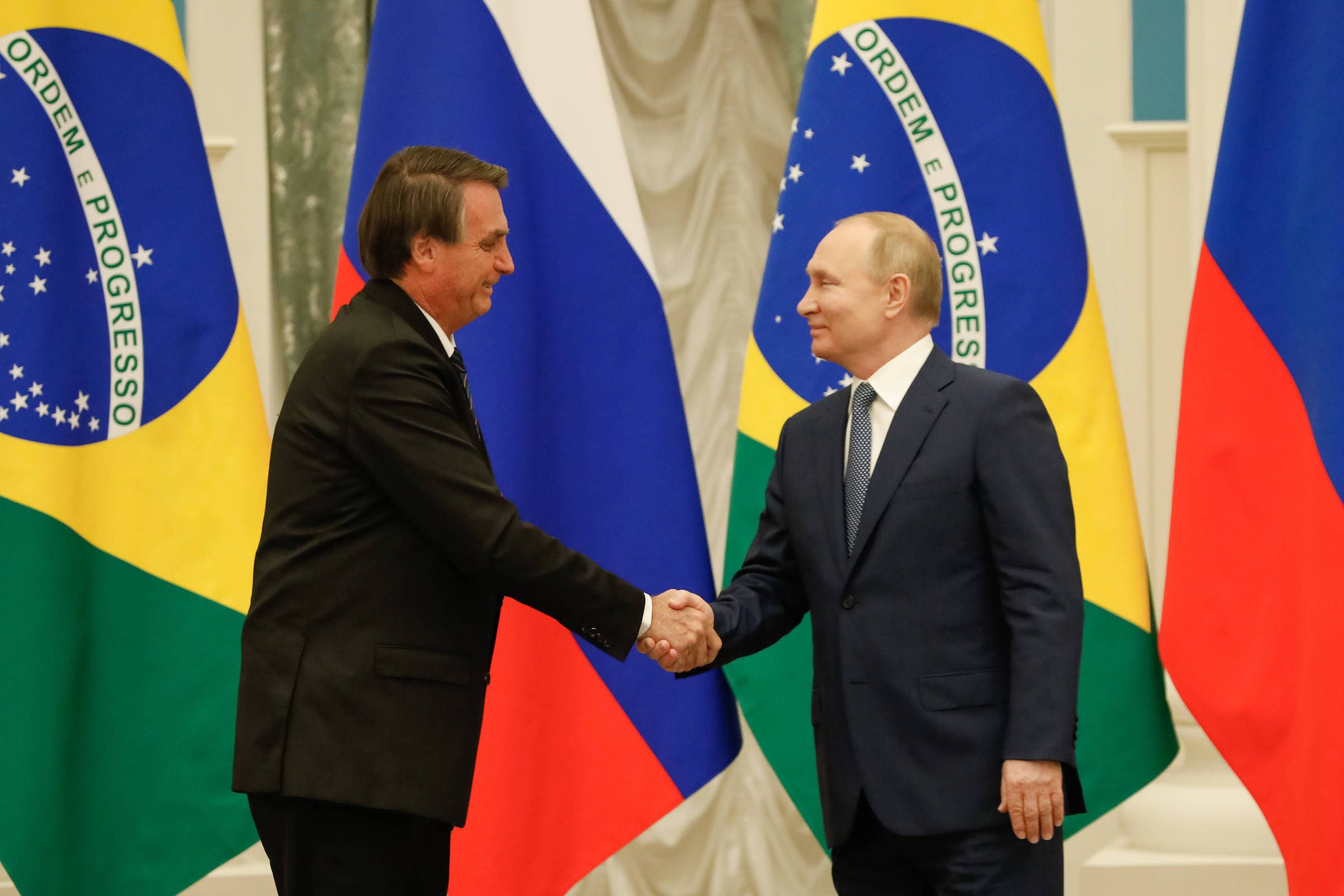By Maristela Basso*
RIO DE JANEIRO, BRAZIL – (Opinion) A diplomatically mature country like Brazil treats the world with a panoramic view.
The meeting between the presidents of Brazil and the Russian Federation in Moscow signifies the strengthening of the partnership and the expansion of political dialogue, upgrading bilateral relations and drawing attention to a new multipolar world order.
Times have changed.
The threat of invasion in Ukraine and the possible bellicose response of NATO member countries cannot dampen the momentum of an inclusive international system that must be more equitable, representative, and focused on promoting peace, democracy, and prosperity. It must be able to put into practice the principles and goals of the UN Charter and rally around the call for global justice.

The new world order must be multipolar, based on consensus, cordiality, and the search for a balance between interests in which the gain for one does not mean the sum of the losses for the others.
That is the message that can be drawn from the trip to Russia.
A multipolar order is based on the dynamics of cooperation between nations, which must be done through bilateralism, regionalism, and multilateralism. These are strategies that are not mutually exclusive. On the contrary, they complement each other.
Brazil can create and maintain strategic alliances with partners in the world’s most diverse and complex parts. And they do not contradict each other. They come together in a new multinational geopolitical scenario.
The United States is one of Brazil’s most important trading partners. They were our biggest economic ally for many years, but today China holds that position. Nevertheless, the United States is very important, so much so that in 2020 it was our second most important partner in terms of both exports and imports.
China has been Brazil’s most important trading partner since 2009. Its importance for us is enormous. The Chinese are our main customers and invest the most here.
After China and the USA come Argentina, the Netherlands, Chile, Singapore, Mexico, South Korea, Japan, and Spain, among others.
With all these countries, bilateral relations must be continuously strengthened, dialogue expanded, mutual interests diversified, and the trade agenda constantly revised to add high value-added services and goods. Business opportunities and investments must be constant levers of cooperation and rapprochement between business people, researchers, and students.
1 + 1 foreign relations do not exclude 1 + regionalism and 1 + multilateralism.
A diplomatically mature country like Brazil looks at the world with a panoramic view.
Therefore, the Brazilian agenda must strengthen relations with Mercosul, the BRIC countries, the Eurasian Economic Union, the OECD, and the G20. Country forums aimed at promoting a new multipolar world order.
Strengthening the World Trade Organization (WTO) to expand trade flows, investments, and defend free-market principles aimed at balanced, democratic, and sustainable multilateralism is one of the objectives that our responsible diplomacy must pursue every day.
By strengthening relations with Russia, Brazilian diplomacy reaffirms the commitment to the obligations of the Treaty on the Non-Proliferation of Nuclear Weapons, promotes efforts and initiatives to strengthen the authority of the Organization for the Prohibition of Chemical Weapons (OPCW), and the integrity and necessity of compliance with the Convention on the Prohibition of the Development, Production, Stockpiling and Use of Chemical Weapons and on their Destruction.
The timing could not be better.
At a time when the world seems to be in turmoil, Brazil’s trip to Russia could be pure oxygen.
* Maristela Basso is a professor of International and Comparative Law at USP and a partner in the law firm NWADV.

